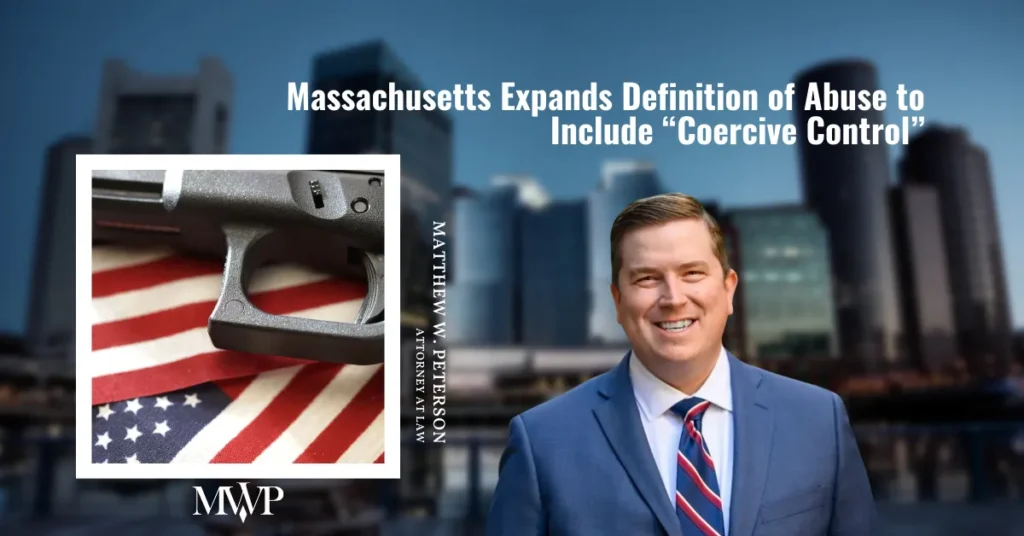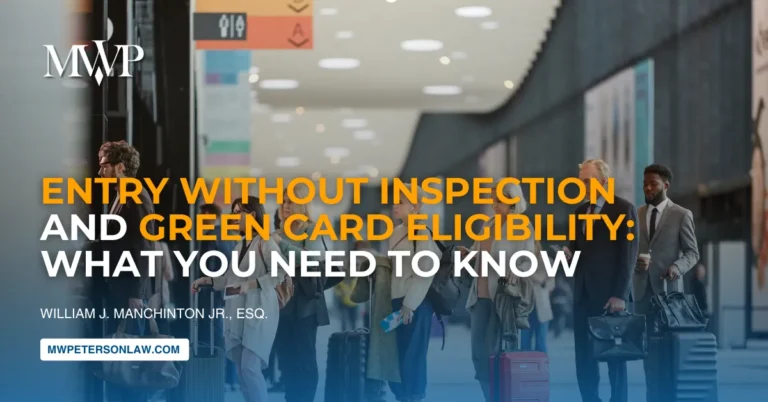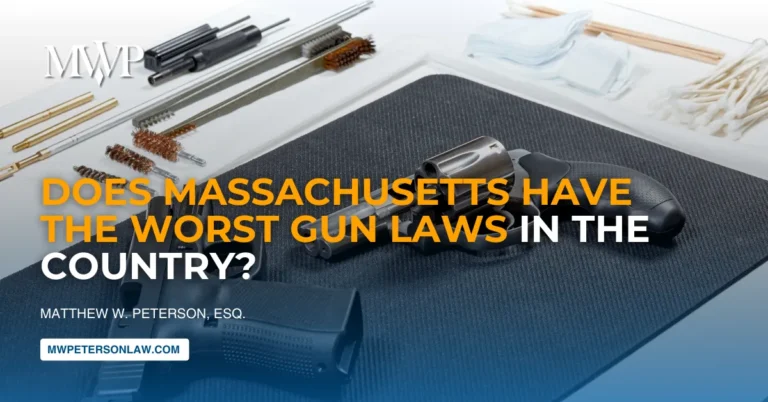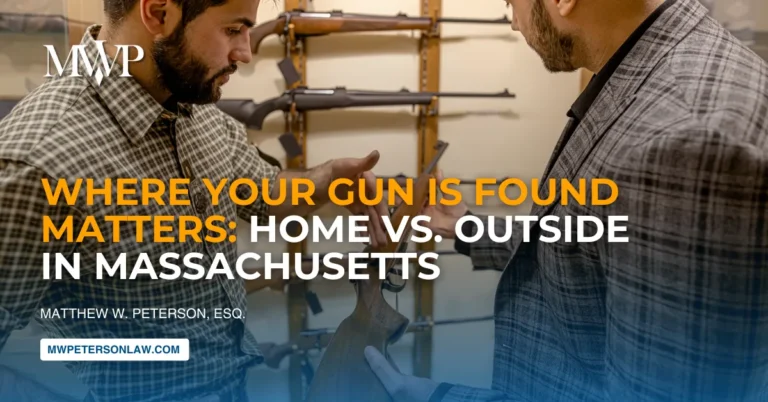Quick Overview
On July 25, 2024, Governor Maura Healey signed “An Act to Prevent Abuse and Exploitation,” also known as the 2024 Mass. Acts c. 118, § 4 (H. 4744), which dramatically expands the definition of “abuse” in Massachusetts General Laws Chapter 209A, Section 1. Effective September 18, 2024, this Act introduces the concept of coercive control as a form of abuse, encompassing a range of largely non-violent actions, including emotional and financial abuse.
The Impact of Coercive Control
The addition of coercive control to the definition of abuse marks a significant shift in how abusive behaviors are recognized under Massachusetts law. Coercive control can manifest through patterns of conduct or specific actions that manipulate or dominate a family or household member, leading them to feel threatened, intimidated, or isolated.
Notably, coercive control is defined as follows:
- Pattern of Behavior: This includes acts intended to threaten, intimidate, harass, isolate, control, coerce, or compel compliance from a family or household member. The complainant must either fear physical harm or feel a diminished sense of safety or autonomy.
- Single Instance of Abuse: This can involve harming a child or relative of the complainant, abusing an animal connected to the complainant, or publishing sexually explicit images of the complainant.
This broadened definition will be imported into various provisions of the law, expanding the grounds on which firearms permits can be denied under Massachusetts law. It can also be grounds for to be held without bail under dangerousness and a restraining order.
Background and Legislative Context
The United Kingdom has been at the forefront of implementing laws against coercive control, with legislative measures in place since 2015. The first U.S. state to adopt similar laws was Hawaii in 2020, followed by California and Connecticut, the latter being the first in New England to pass such legislation. While other jurisdictions have criminalized coercive control, Massachusetts’s new law does not categorize it as a crime, leaving room for indirect implications on individuals’ rights and liberties.
Legal Implications of the New Definition
1. Expanded Definition of "Abuse"
Section 4 introduces a new subsection (d) to G. L. c. 209A, § 1, retaining the previous definition of abuse while adding coercive control. The implications are significant, particularly in how the justice system approaches nonviolent misdemeanor offenses that can now be associated with coercive control. For example:
- Detention Without Bail: Nonviolent misdemeanors, such as malicious destruction of property, may result in significant detention without bail if they are connected to claims of coercive control.
- Firearms Licensure: The law changes the parameters under which firearms permits can be denied, potentially barring individuals from obtaining licenses even if they are not convicted of any violent crime.
2. Intersection with Bail and Detention Statutes
G. L. c. 276, § 58A outlines circumstances under which a court may order detention, which now includes offenses that involve coercive control. This means that defendants may face bail denial based on actions that do not involve physical violence.
3. Impact on Firearms Licensure
The firearms licensing process in Massachusetts will also feel the effects of this change. Under current law, individuals subject to a 209A order can be denied firearm licenses. With the addition of coercive control to the definition of abuse, individuals facing such allegations could find themselves disqualified from obtaining firearms licenses, even if their actions do not involve direct physical threats.
Conclusion
As of September 18, 2024, legal practitioners must be prepared for the implications of this expanded definition of abuse, particularly concerning coercive control. Understanding the nuances of this law will be crucial for effectively navigating cases involving allegations of coercive control and ensuring the rights of individuals are adequately represented.
For a detailed examination of the Act, you can access the full text here: 2024 Mass. Acts c. 118.
These advisory aims to inform legal professionals about the recent changes to Massachusetts law regarding coercive control and its potential impacts on their practice. As these provisions take effect, it will be vital to monitor how they are applied in real-world scenarios, as well as any subsequent legal challenges that may arise.











